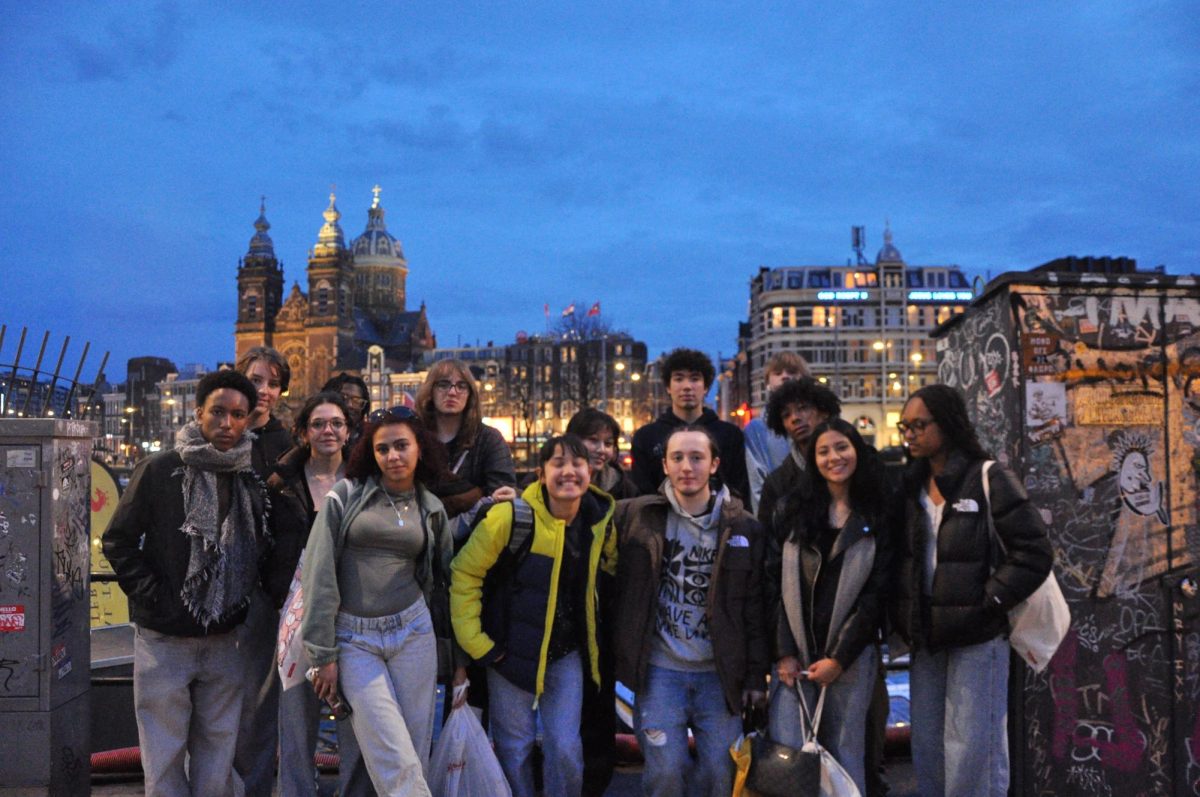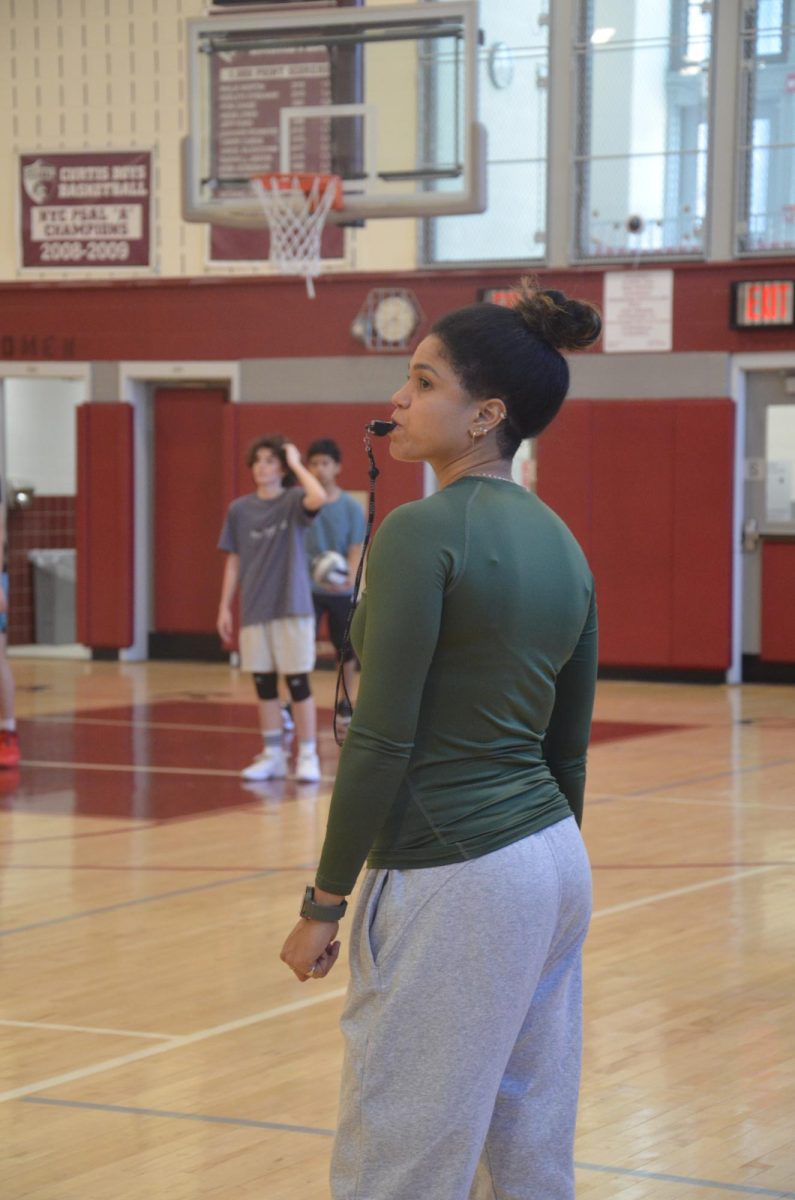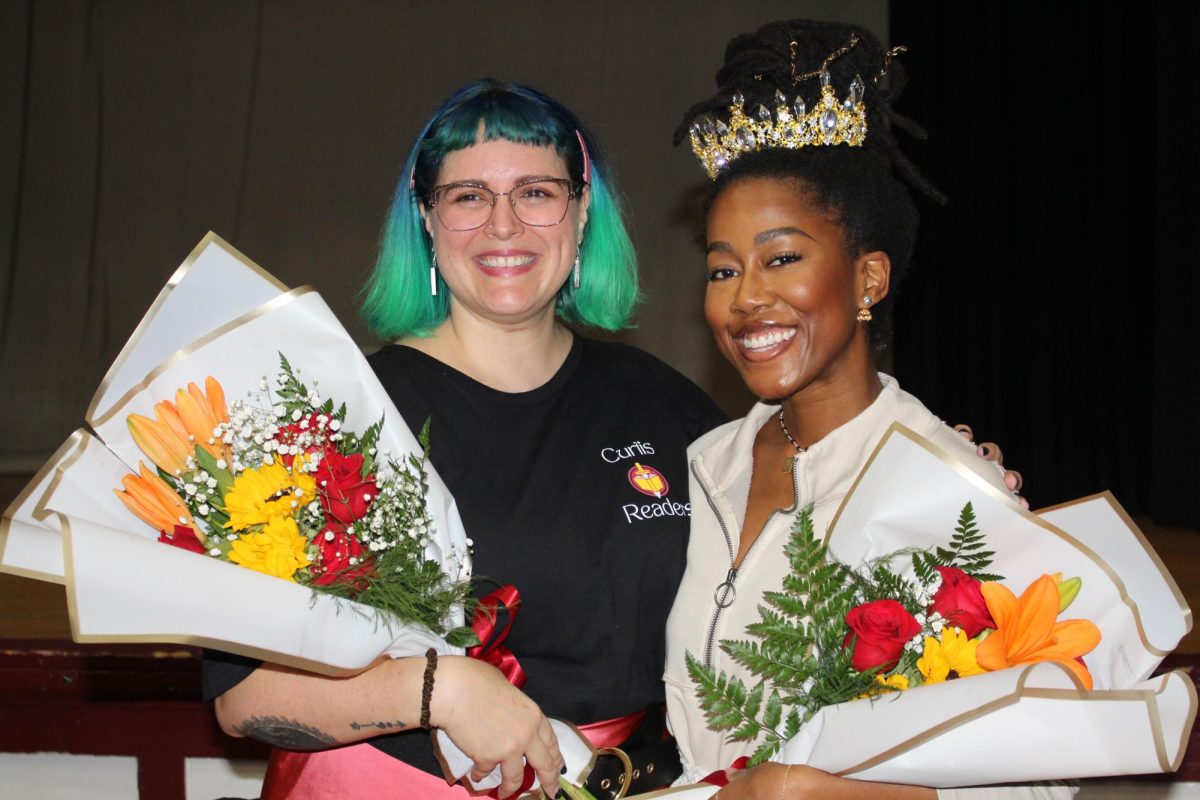When the clock struck twelve on the first of March, the month of Ramadan commenced. For those who may not know, Ramadan is a sacred time for Muslims. When thinking about Ramadan, some onlookers may just view it as a time of not eating or drinking from sunrise to sunset, otherwise known as fasting, but there’s just so much more than that. There’s reflection, worship, charity, and meaningful community bonding. Besides the act of fasting, Muslims also abstain from anger, arguing, smoking, music, and any other kind of negative behaviors during this time.
At Curtis, there are many who are participating in Ramadan, with one particular student explaining her own experience during March. “Sometimes while I am fasting, I read the Quran and pray, and it always feels more real and it gives me a sense of awareness that there is a God out there,” said Freshman Mariama Bah. She also expressed that it can be difficult, as she tries to stay away from places where there is food, so she can stay strong. Bah also expressed how great it was that she can share her faith. “One of my friends actually fasted with me, even though she wasn’t Muslim. I was happy to see people try it out and be able to experience the connections that I felt.’
When asked about her favorite moment during Ramadan, Junior Mohani Lovin said, “My favorite moment is Iftar with my family, because my mom makes some good food and we enjoy our time together.”
Taha Hamoud, a freshman in the criminal law program, reflected on the most challenging part of Ramadan. “The hardest part is when I have to go up flights of stairs and not being able to drink,” he explained, adding that “it makes me feel more connected to my religion, and I feel more free and motivated.”
IB freshman Hafsa Akter said the hardest part of Ramadan was “keeping up with my prayers and doing schoolwork. It helped me spiritually; I go home and pray.”
Even though Ramadan has ended, the connections and values gained during this time will never be forgotten by those who participated in its traditions.




